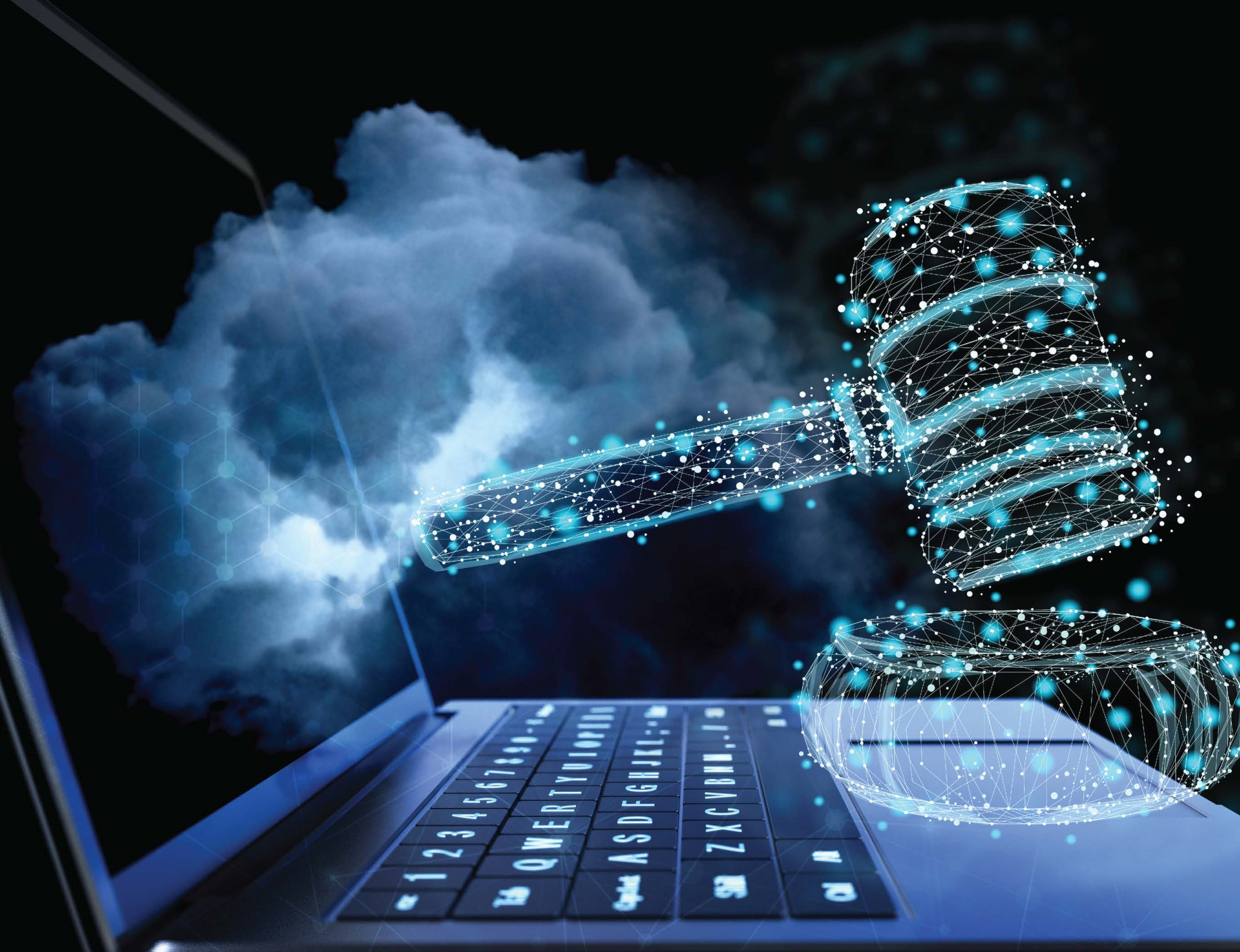Learning from Recent AI Missteps
Jun 07, 2023


ChatGPT Citations Lead to Possible Sanctions
A case out of New York has sent a stark reminder to legal professionals worldwide about the potential perils of integrating artificial intelligence (AI) into legal practices without thorough understanding and appropriate safeguards. The case revolved around a lawyer who used OpenAI's ChatGPT, a powerful language model, to draft a legal brief. Unfortunately, the AI tool produced inaccurate case citations, leading to potential sanctions for the lawyer involved.
The situation has understandably caused a stir in the legal community. However, it's critical to remember that the incident serves as an important lesson, not a deterrent, on the use of AI in the legal profession.
What Happened?
Steven Schwartz, a lawyer at the law firm Levidow, Levidow & Oberman, relied on ChatGPT to help draft a court brief for a personal injury case. In the process, the AI model created six non-existent court decisions, which Schwartz, unaware of the potential for error in AI-produced content, unwittingly included in his brief. Schwartz's oversight led to a sanctions hearing and ignited a broader conversation about the integration of AI in legal practices.
Lessons Learned and Best Practices
This case provides an opportunity to evaluate and reinforce best practices for incorporating AI into legal practices.
1. Ensuring Competence and Supervision: The American Bar Association's Model Rules of Professional Conduct emphasize the duty of competence. This requirement extends to understanding the technology lawyers use. In this digital era, AI can be a powerful ally for legal practitioners. But like any tool, it must be understood and used appropriately. AI can automate various tasks and provide insights from vast datasets, but it isn't infallible. Its outputs need to be supervised, cross-verified, and it's crucial to remain informed about its limitations.
2. Always Verify: The adage "trust, but verify" holds especially true for AI. AI can accelerate research and automate routine tasks, but its output should always be cross-checked for accuracy. In Schwartz's case, verifying the case citations against reputable legal databases would have prevented the mistake.
3. Confidentiality and Data Protection: AI models like ChatGPT are trained on extensive data, which can lead to concerns about client confidentiality. Legal professionals must ensure any AI tool they use aligns with ethical guidelines and confidentiality rules. Opt for AI tools that offer robust data protection measures and always protect your client's sensitive information.
4. Regular Training and Updates: Technology evolves rapidly, and AI is no exception. Regular training on the latest AI tools and trends can ensure law practitioners remain competent and can leverage AI's benefits effectively and ethically.
The Road Ahead
The integration of AI into the legal profession isn't a question of 'if,' but 'how.' AI is poised to transform legal practices, from contract reviews to case research. However, AI should be considered as an assistant rather than a replacement for human lawyers. AI excels in automating repetitive tasks, providing quick insights, and enabling more efficient work. Yet, human oversight, understanding, and expertise remain crucial.
The key takeaway from the New York case is not to discard AI from legal practices but to approach it with a learning mindset. Law firms must work towards building robust internal guidelines and workflows to harness the power of AI, while also ensuring they mitigate potential risks. Remember, AI is most effective when considered a first pass or first draft tool – a starting point rather than the final say.
Ultimately, the future of law lies in the symbiosis between AI and human expertise. It's a potent combination, one that promises to revolutionize legal work as long as it's used responsibly and intelligently.
At Community Law Office, we believe in harnessing the power of cutting-edge technology to provide the best possible service to our clients. But we also understand that with great power comes great responsibility. We’re committed to adhering to the highest possible ethical standards, and any new technology is thoroughly vetted before it becomes part of our practice.